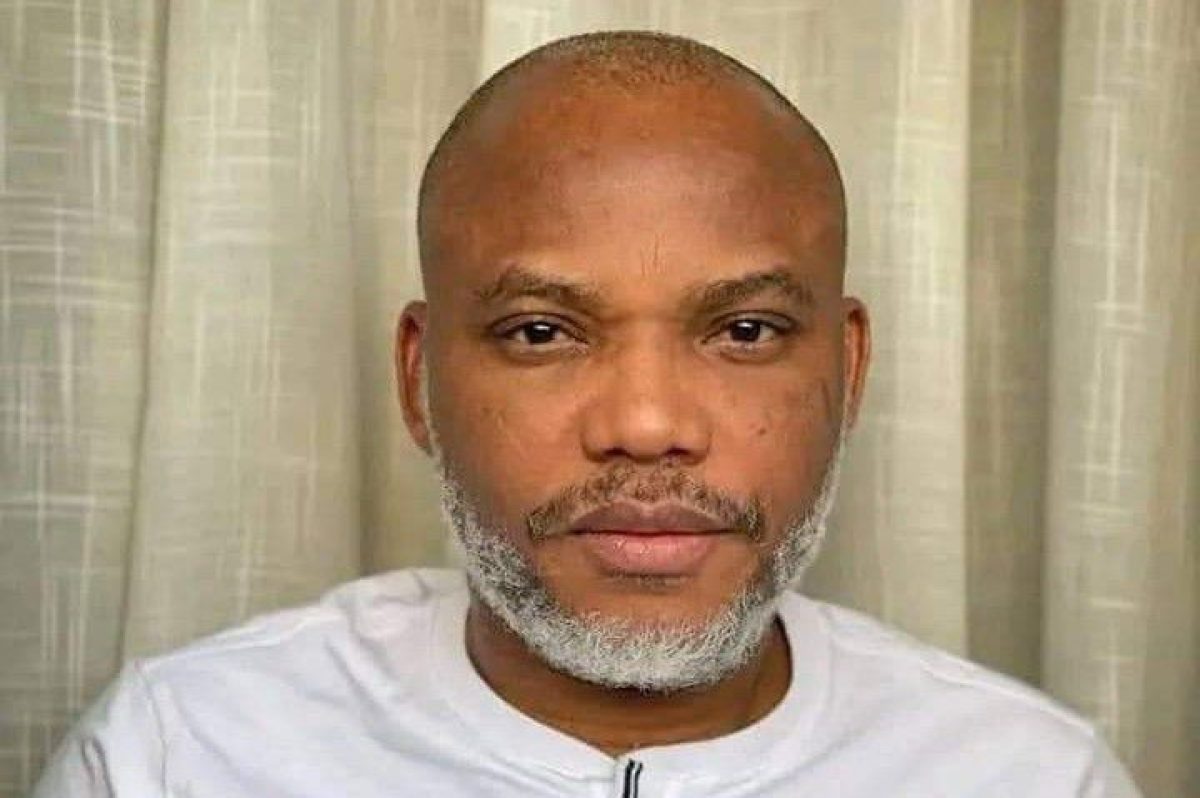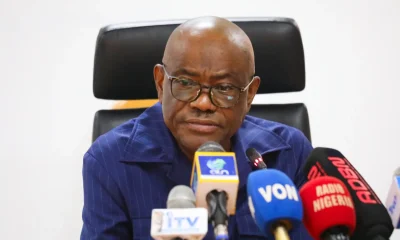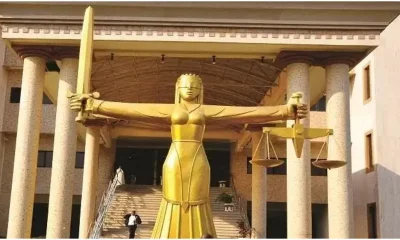NEWS
Supreme Court Erred in Remitting Kanu’s Case After Acquittal, Insists Lawyer

Barrister Njoku Jude Njoku, a legal consultant to the Mazi Nnamdi Kanu Global Defence Consortium, has publicly asserted that the Supreme Court of Nigeria made a fundamental error by remitting the terrorism trial of the Indigenous People of Biafra (IPOB) leader, Nnamdi Kanu, back to the Federal High Court after he had been acquitted by the Court of Appeal.
Dependable NG reports that Njoku, issuing a statement in Abuja titled, “A Devastating Critique: The Nigerian Supreme Court’s Unlawful Remittal of Nnamdi Kanu’s Case,” is challenging the apex court’s December 15, 2025, decision that ordered the continuation of the Biafra agitator’s trial. The lawyer’s assertion comes as Kanu, currently facing a seven-count charge, continues to refuse to open his defence, arguing that the prosecution has presented no case against him and that his earlier acquittal by the Court of Appeal on October 13, 2022, effectively nullified the entire trial.
Njoku argues that the Supreme Court’s decision is a “blatant constitutional perversity” that violates the “Doctrine of Finality of Appellate Discharge,” a bedrock principle of common-law jurisprudence recognized globally. He described the apex court’s action as jurisdictionally impossible, noting that the Nigerian Constitution is superior to the Supreme Court itself, particularly under Sections 1(1) and 1(3).
The lawyer stressed that the non-derogable immunity conferred by Section 36(9) of the Constitution upon a person discharged by a court of competent jurisdiction is self-executing, absolute, and beyond the reach of any judicial organ, including the apex court. He cited the landmark Nigerian case of FRN v. Ifegwu (2003), arguing that once the Court of Appeal pronounced discharge, the prosecution was extinguished at its root and the jurisdiction to retry Kanu was permanently lost.
Furthermore, Njoku supported his legal critique with international legal authorities from common-law jurisdictions, including England, Canada, and Australia, to stress that an appellate acquittal is final and conclusive. He insisted that by remitting a nullified charge without first reversing the finding of illegal rendition or convicting the defendant, the Supreme Court violated the law rather than interpreting it. Njoku went further to accuse the five-member panel that handled the case of committing a “second constitutional abomination” by allegedly overturning African Charter jurisprudence that had already been settled by a larger, seven-member full constitutional bench of the Supreme Court, an act he called “judicial insurrection” against established legal precedent.










